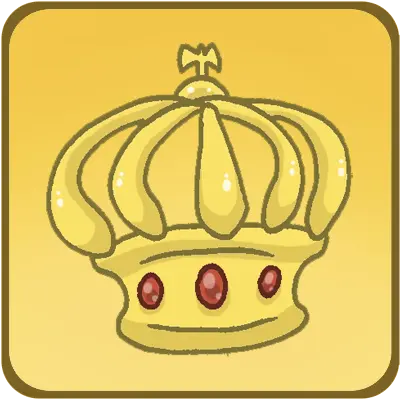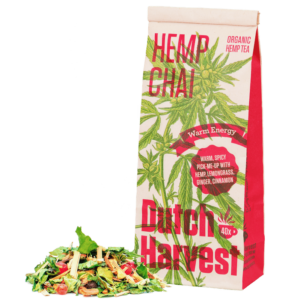The era when the regents and monarchs ruled the Netherlands is also called the Golden Age. This century began in 1600 and ended in 1700. This century was very important for Dutch history. In the 17th century, both the VOC was established and the Twelve-Year truce came into force. The VOC has made the Netherlands a rich country. The 12-year truce was an armistice in the 80-year war. Thanks to this period of peace, the Dutch economy was able to grow big.
The 12-year truce began in 1609. The 17th century began during the eighty-year war with Spain. In the 16th century, under the leadership of William of Orange, the Dutch had rebelled against their Spanish rulers. The Spanish rulers wanted to impose Catholicism by force. The Dutch princes didn't take this. They wanted to be Calvinist. Calvinism not only meant that they professed their faith in a different way, it also meant that they became independent of the Catholic Church. Thanks to this political independence, they were able to set up the VOC in 1602. So this was during the 80-year war. The Netherlands had to officially fight its way free from its Spanish ruler: King Philip II.
The VOC is short for United East India Company. The Dutch States-General had set it up in order to compete with Portuguese trade. The Portuguese had found a shipping route to Indonesia and did not want to make the map public. They were the only ones trading spices in the 16th century. From the end of the 16th century the Netherlands sent several boats to Indonesia. They found their own route and were able to compete with the Portuguese. Eventually, the Netherlands conquered several islands and ousted the Portuguese. From 1622 onwards, the VOC gained a monopoly in the trade of spices.
In the year 1621, however, the Netherlands were at war with the Spanish again. The 12-year truce was over. This war finally ended in 1648. Now the Republic of the Seven United Netherlands was born. They were independent of Spain.
The Republic of the Seven United Netherlands was a free country. Here, unlike in many other countries, you were allowed to believe and say what you wanted. That is why many foreign philosophers and scholars had their books printed and published in this republic. They weren't allowed in their own country. Some of these philosophers were, for example, Locke and Descartes. These philosophers have left an important mark on history. Their ideas were very progressive in this era. The Netherlands was not only a free country. Thanks to the VOC, it was also very rich. In the 17th century many beautiful buildings were built. Many merchants, princes and regents also had their portraits painted. During this time many famous painters lived in the Netherlands such as Johannes Vermeer, Rembrandt van Rijn and Jan Steen.
Although the Netherlands was now free from Catholic rule, religion was still very important to the people. Many people had now become Calvinist. In Calvinism, it's important to think about your own faith. In order to do this, it was important that people could read the Bible themselves. The Catholic Church only had a Bible in Latin. They didn't want to translate these. Erasmus and Luther had already made a translation. Now the Dutch States-General also commissioned a translation into Dutch. In 1635, the first State Bible was a fact.
- Emergence of trade capitalism and beginning of global economyExploring the world without a map in a wooden boat was a huge challenge. The Dutch from the era of the golden age took on this challenge.
- Civil governance and urban culture in the NetherlandsIn the era of the golden age there was a displacement of power. The church had had the most power for a long time. Now the citizens were allowed to rule.
- The pursuit of monarchs for absolute powerWe all have a bad day. But a disaster year? 1672 went down in history as a disaster year. We were attacked on all sides.
- The scientific revolutionDid you know that the Netherlands was much smaller at the beginning of the golden age? During this period, many lakes were drained. In this way, the Netherlands grew bigger and bigger.


